Please meet our fantastic Jury for the 2019 edition of the NUHA Blogging Prizes! Scroll down for their statements announcing the winners.
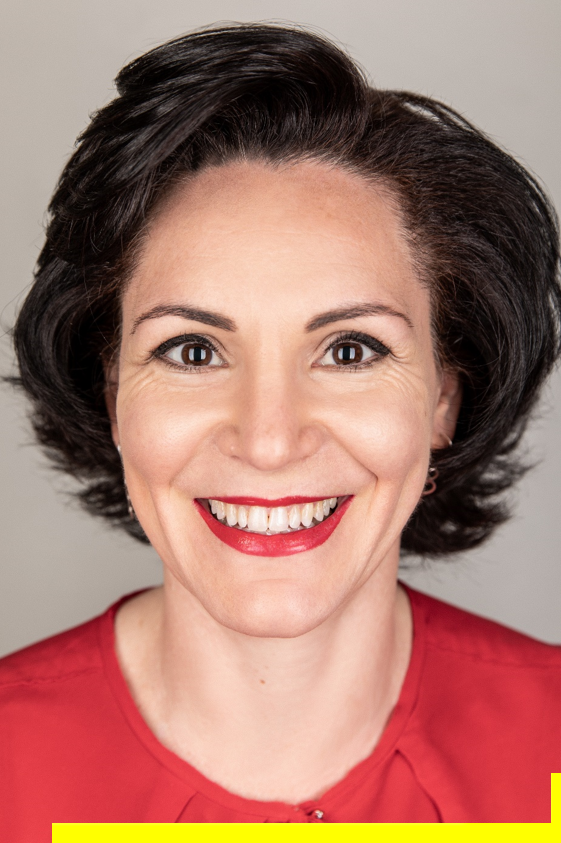
Filipa Cansado Carvalho is of counsel in the arbitration practice of PLMJ, one of Portugal’s leading law firms. With 20 years’ experience, Filipa regularly acts as a lawyer and arbitrator in international arbitration cases. Filipa is also a member of boards and committees of several arbitral organisations and is the co-head of the CEA Mujeres mentoring programme, which encourages professionals with more seniority and experience to lend their support and guidance to young women in the development of their arbitration practice, women who want to join the world of arbitration, or women who seek to boost or balance your career.
Filipa has a law degree from the Faculty of Law of the University of Lisbon and is a regular guest lecturer on postgraduate and master's courses, as well as a frequent speaker at conferences on arbitration. Filipa is Portuguese and has previously lived in Dominican Republic and Belgium. She now lives in Lisbon, with her husband and four children.
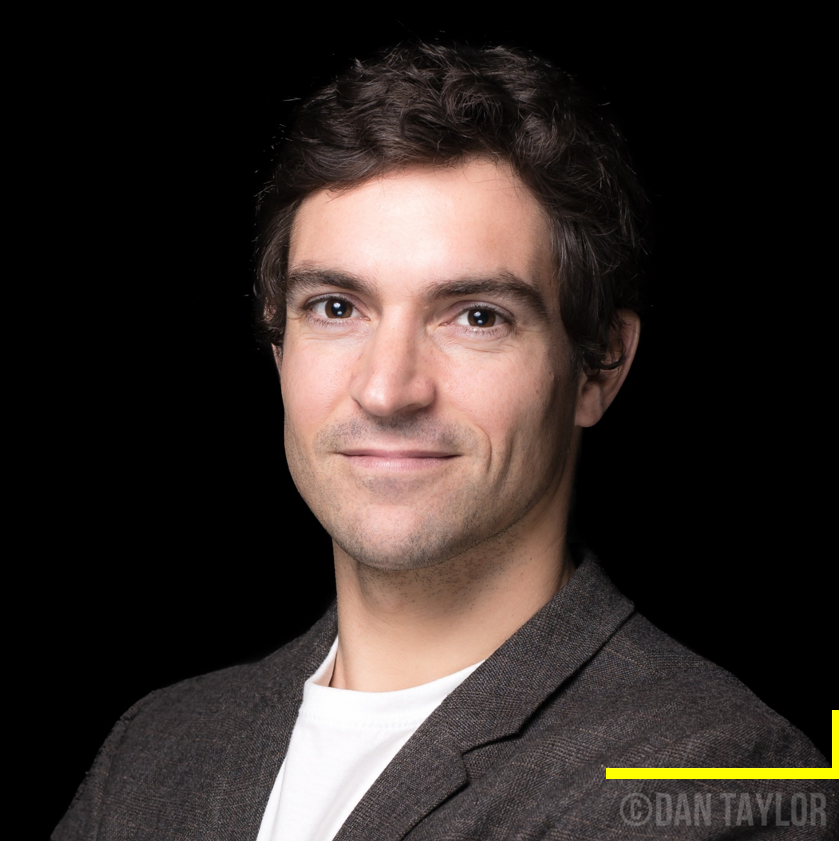
Charlie Graham-Brown is a Partner and the Chief Investment Officer at Seedstars. Charlie started out as a mechanical engineer working on projects such as A380 at Airbus. Seeking a faster paced career, he switched tracks through an MBA at the Collège des Ingénieurs in Paris, and subsequently moved to Geneva and into investment management. Charlie spent four year with BlueOrchard Finance, investing in high impact financial institutions in 20+ countries across Africa, Asia and MENA and became a CFA charterholder.
The entrepreneurial bug struck in 2013 when Charlie started his own venture before joining the founding team of Seedstars in early 2014. He has been instrumental in the growth of Seedstars from a team of just 6 people operating in 20 countries to a team of over 200 operating in more than 70 markets. Charlie manages the programs and investment teams at Seedstars, designing trainings for tech founders and investing in their startups from the early seed stage. Charlie and his team have now supported thousands of founders and invested in over 40 startups across emerging markets.
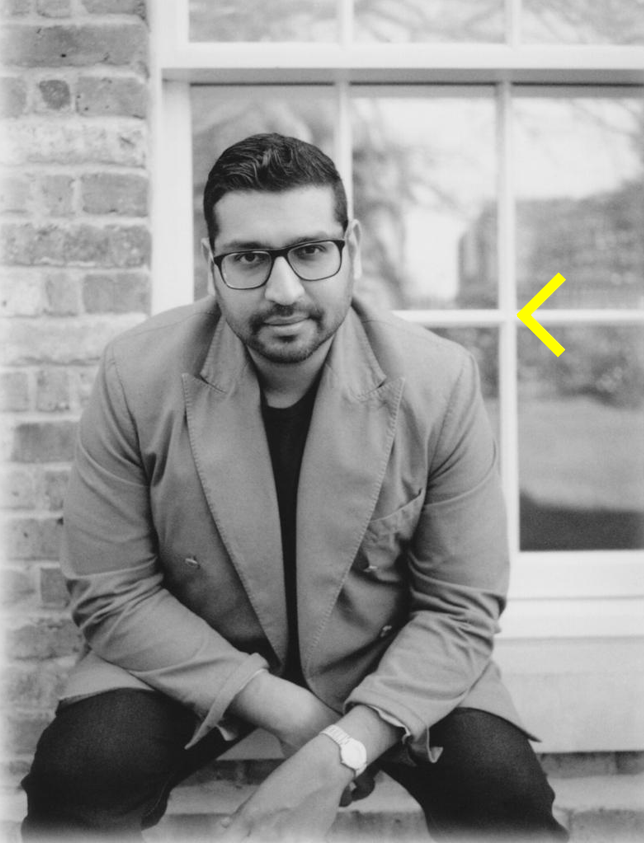
Mohammad Miraly is a Canadian scholar and art collector. His research focuses on interactions between religious ethics, culture and liberal values in modernity. He has published a book exploring modern Islamic thought, "Faith and World: Contemporary Ismaili Social and Political Thought". He currently serves on the Tate Modern's Acquisitions Committee for South Asia.
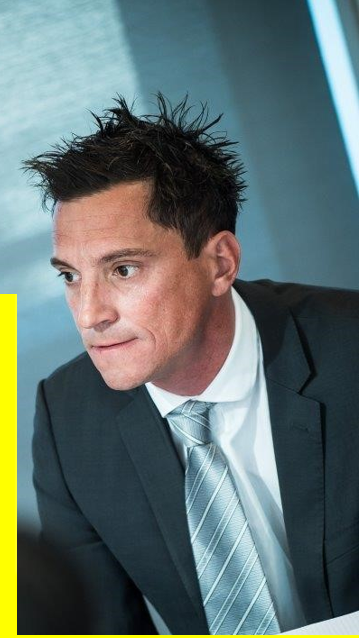
Florian Peudevin is Impact Investing Fund Manager. Florian started his career at BNP PARIBAS in 2003. In 2008, he joined the Amundi group and worked on the optimization and development of the group's products and activities. In 2015, Florian became co-manager of thematic investment funds on Special Situations (takeover bids and restructurings) and Ageing Population. He joined Amundi's social impact investment team in 2018. Additionnaly; since 2013, Florian has been involved in the management of FADEV; an investment cooperative dedicated to the financing and the technical support of african SMEs. Florian graduated from Cass Business School London, UK and CFA Charterholder.
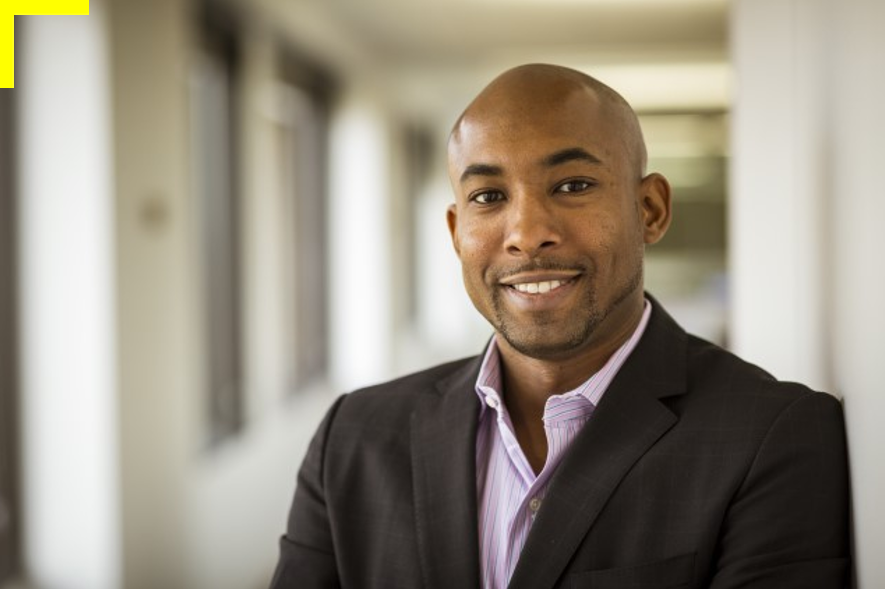
Damon Vaughan is a Marketing specialist with over a decade of successful experience in brand and product management and strategic planning. He is currently the Senior Product Manager in Marketing at Cardinal Health. Prior to joining Cardinal Health, he held a series of leadership roles in US and global marketing, communications, market research, sales and operations in organizations including Abbott, AbbVie, Procter & Gamble, PepsiCo, General Electric and KIPP charter schools.
He holds a Master of Business Administration from University of Chicago Booth School of Business; studied at London Business School through an exchange program; Master of Arts in Education Leadership from the Broad Institute, and a Bachelor of Science in Electrical Engineering from North Carolina A&T State University. Damon is an alumnus of the Marshall Memorial Fellowship, a flagship leadership development program for the German Marshall Fund. He is married to Kathleen and has two children, Sasha and Sloan, who can instantly brighten any room.
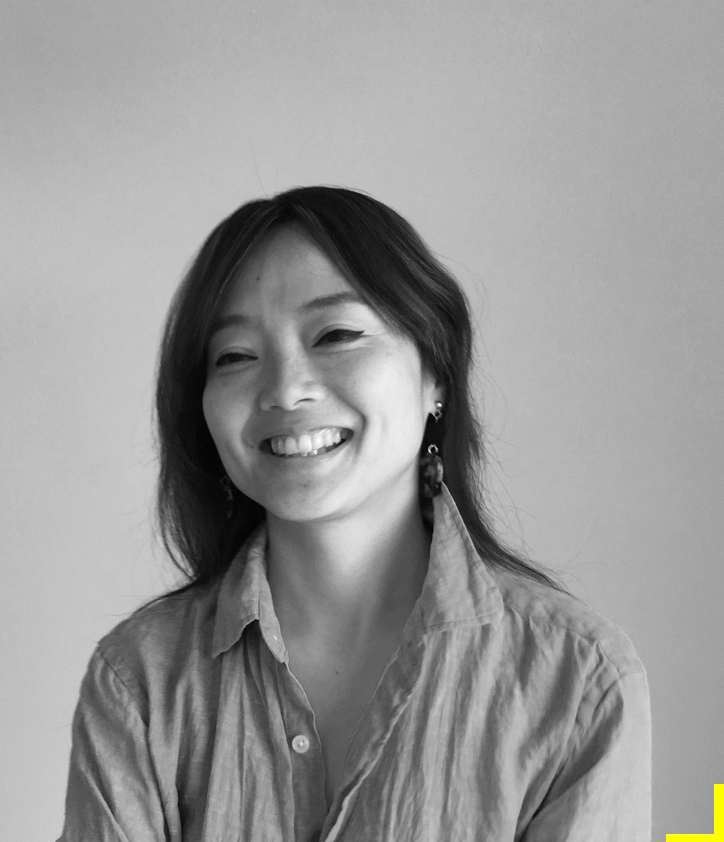
Aria Yang is currently a PhD Candidate at The Hong Kong Polytechnic University. Her area of expertise is focused on the design of care homes for older adults.
Aria has a trans-disciplinary background in her professional training. With a Bachelor of Architecture in Taiwan and a Master of Design in Italy, Aria has worked extensively in the design of housing and hospitality. She has worked on condominiums and hotels in USA, China and Taiwan with prestigious multinational architectural practices such as C.Y. Lee & Partners and Fosters & Partners. She went on to further her career with AECOM focusing on large-scale design projects in tourism and hospitality for four key destination cities in China. In recent years, Aria has been actively involved in the research of design’s role for social good at the PolyU, delivering projects for the Hong Kong Red Cross and Yan Chai Hospital. Besides architectural work, Aria has worked as a key member in the set construction for the film “Life of Pi” with the award-winning director, Ang Lee. She has also served as a design advisor for the Taipei City Government for the design and development of the city.
Aria now focuses on researching the influence that architecture and design have on older people and their care environment through the study of behavioural patterns and participatory design.
We are pleased to announce the winners of the 2019 edition of the Blogging Prizes. Well done to all of the authors!
YOUNG WRITERS AND YOUTH CATEGORIES
By Charlie, Damon and Filipa, on 16 December 2019
The fact that we could not reach any unanimous decision in the YOUNG WRITERS CATEGORY is a testament to the quality of the three shortlisted entries.
Starting with the third place, “Never let go” by Christa Bonuah is a positive and uplifting message of hope told through snippets of the life of happy families and troubled ones. Its somewhat chaotic structure mirrors the way life can flip in an instant and what one then remembers and holds on to.
The second place and Runner-up Prize goes to “Colours: banal or bright?” by Javier Yung. This is an extremely reflective and thoughtful piece linking broken educational system to demands of workforce. It displays a clear structure and thought process with an excellent lead into a serious issue, suicide. The author was very creative in using ink colour to represent the implications of success metrics in school to the future of children who strive for more simply due to fear.
Finally, “You won’t tell God” by Timi Abdulsalam, the Winner in this category, is, storytelling-wise, the most powerful of the three essays – there is a sense of foreboding about it and it is so visual, the images stayed with some of us for a few days. The author makes his point in an elegant and clever manner. He uses emotion to pull the reader in and nicely applies a story arc to build anticipation throughout the piece. He incorporates childhood innocence and morality in a way that makes the reader reflect from the point of view of both a parent and child.
In the YOUTH CATEGORY, and although all authors did a great job, one text stood out for the First Prize: “Education is no longer the way” by Ope Abdulsalam, a compelling essay with an excellent argument structure supported with dynamic examples. Captivating from start to finish, this text uses illustrative storytelling in a fun, thoughtful manner (we loved the part on the Hippocampus and the missing/visible “x”). It is a very good illustration of the author's point, i.e. what can happen if students are allowed to think.
The second place and Runner-up Prize, “Talent is not enough” by Annabel Theodora Christabel, is a well-structured and balanced approach on the relationship of talent, curiosity and hard work and the role these play in attaining success and personal fulfilment. The author took Einstein’s sentence and expanded upon it, addressing also the less positive aspects of talent in a thoughtful manner.
We want to congratulate both the winners and the short-listed entries. Well done!
ADULT CATEGORY
By Aria, Florian and Mohammad, on 16 December 2019
In the Adult category, although all authors did a great job, two texts stood out: Are you who you are and The Nature of Hate.
Indeed, at the 1st place Oluwatobi Salami is a master storyteller. His work with “Are you who you are” entails highly creative characters and scenarios to capture the paradox of Foucault’s statement. Really elegant and concrete, “Are you who you are” stood out among its contestants with its refreshing attempt to blend the richness and darkness of his fantasy world into a successful philosophical debate. Oluwatobi’s words take his audience through complex notions yet ending the journey on a light-hearted note with a fantastic sense of humour.
At the 2nd place: "The Nature of Hate" from James Zhi is a clear and captivating narrative of hate with much compassion as well as resolution. “The Nature of Hate” confidently establishes the connection between hate and catastrophes through a review of historical events challenging the common justifications. Through a powerful rereading of one of our most basic emotions, James shows us how to turn the destructive into the constructive. Empathetically, instead of stopping there, James brings forth a solution charging that the path to hate can be reversed. James’ writing moves his audience through the facts and emotions.
For the 3rd place, the fact that we could not reach any unanimous decision in this category is a testament to the quality of the 10 other shortlisted entries. “La Haine Attire La Haine” by Solace James revolves around a simple yet powerful theme of hate as a result of the 400-year history of slavery in the United States. The article is underlined with two contrasting dialogues which poignantly evoke a sense of loss and futility pertaining to hate. Solace James has made a difference by making these tragic moments of a child’s upbringing come alive for his audience around the world, which finally resulted in our choice of this text for the 3rd place.
We want to congratulate the 3 winners but also the other shortlisted authors of which we want to highlight the quality of the texts below (presented in no particular order):
Gut Instinct: Invisible but Indelible, by Nita Jain
Nita Jain’s article reveals a brilliant and inquisitive mind at work. Her work brings in unique perspectives to answering philosophical questions from a scientific outlook. However, it may be difficult for the general readers who lack the knowledge of biology to fully grasp the larger context of the story.
They Would Say Faster Horses, by Isaiah Ndipmong-uwem
Isaish’s work was a pleasure to read, with a lot of consensus on the challenges that the world is facing. However, the article, as well-written as it was, did not fully embrace the controversial ideas about “change” behind Henry Ford’s well-known statement.
The only one that walks beside me is my dream, by Boglàrka Szigeti
Boglàrka’s self-reflective journey was entertaining and heartfelt to read. It leaves her reader with good sentiments. However, if Boglàrka were to include philosophical references, the story would have a stronger viewpoint to convey the topic of self discovery.
To Know or To Become, by Amarachi Anike
Amarachi succeeds in bringing her reader through the multifaceted themes of the dilemma of existence. This captivating text enumerates the several situations faced by most individuals in their quest for personal purpose in Life. Offering readers her own experience and path, Amarachi delivers a well articulated way to address the topic. The conclusion of the article provides an elegant and praticable way to help many individuals solve this introspective path.
The Good Side of Conflicts, by Alexia Joyce de Leon
This clear and consistent article offers a really optimistic way to handle our daily challenges to get to live together acknowledging that we are all different. Through her own experience and culture, Alexia is beautifully addressing the benefit of being open minded, while giving some concrete examples on the wisdom of interacting with the unknown for a more fruitful life.
“If I had asked people what they wanted, they would have said faster horses” Henry Ford, by Ayesha Arif
Most of the article enumerates interesting academic and personal opinions on why businesses succeed or fail, and the narrative way of writing make it easy to read. Ayesha provides a dense piece of work, connecting several important issues and solutions to modern corporate strategic decision-making.
Conflict and Storytelling, by Evah Wanjiku
A hopeful and optimistic view of human conflict, buttressed by a lively review of popular movies. Evah has put forth a perspective that we can all learn from.
The Metamorphosis of Identity, by Nqobile Sibisi
A magical traverse down the path of the hero’s journey. Nqobile has given us a deeply intimate exploration into her own journey of becoming, reminding us that change is inevitable and so we should embrace it.
Deep Within The Scars, by Daniel Muse
A sober reminder of the way things are, Daniel provides a summary of a political conflict to argue that true change truly comes from explosive events, and reminds us that humankind’s goal to make things better can only transpire through active change.
